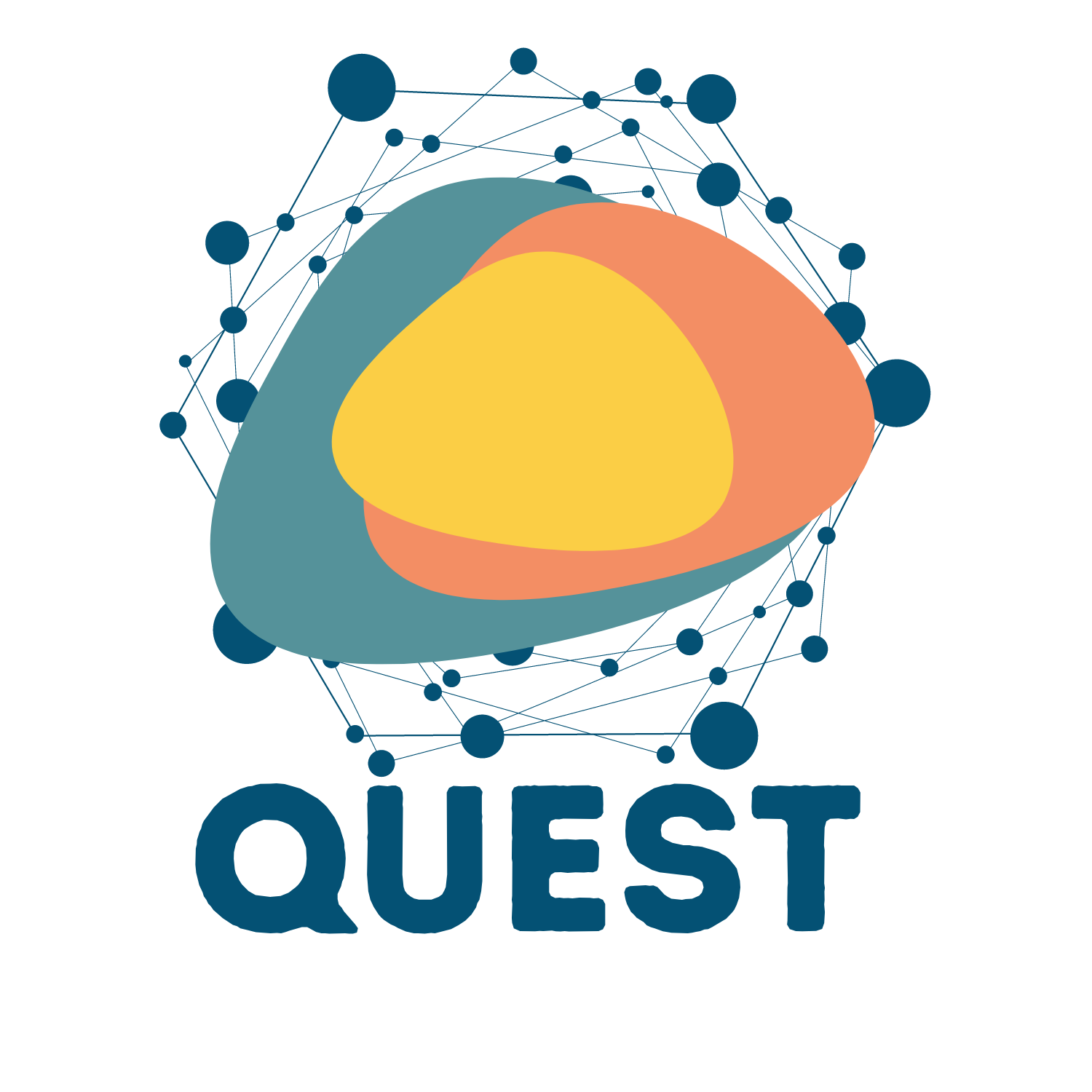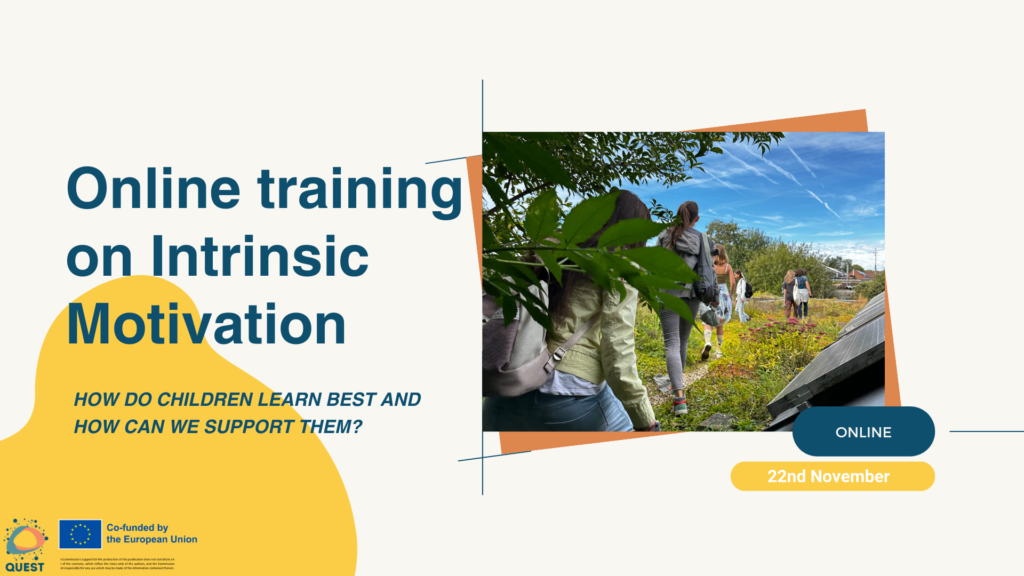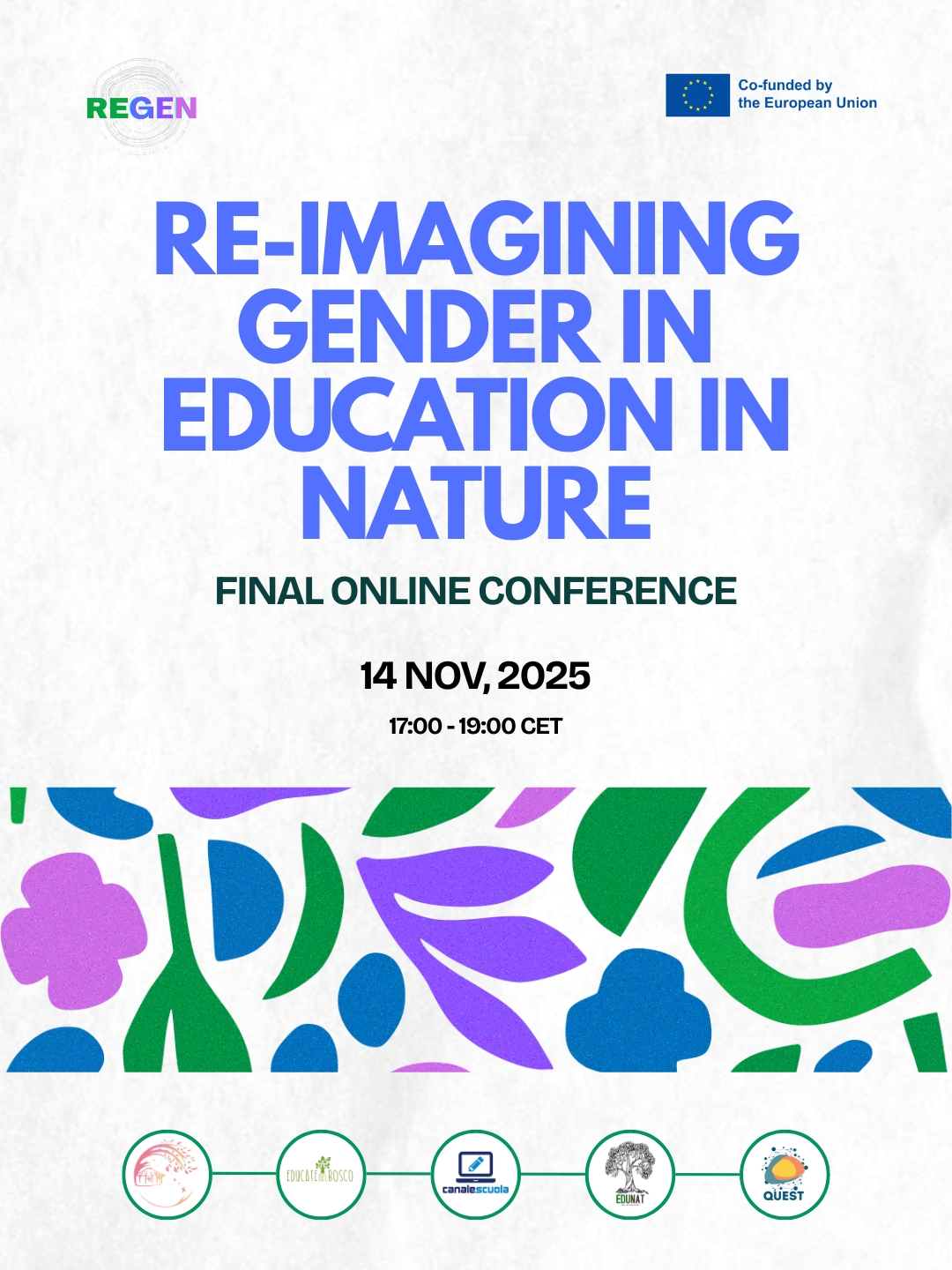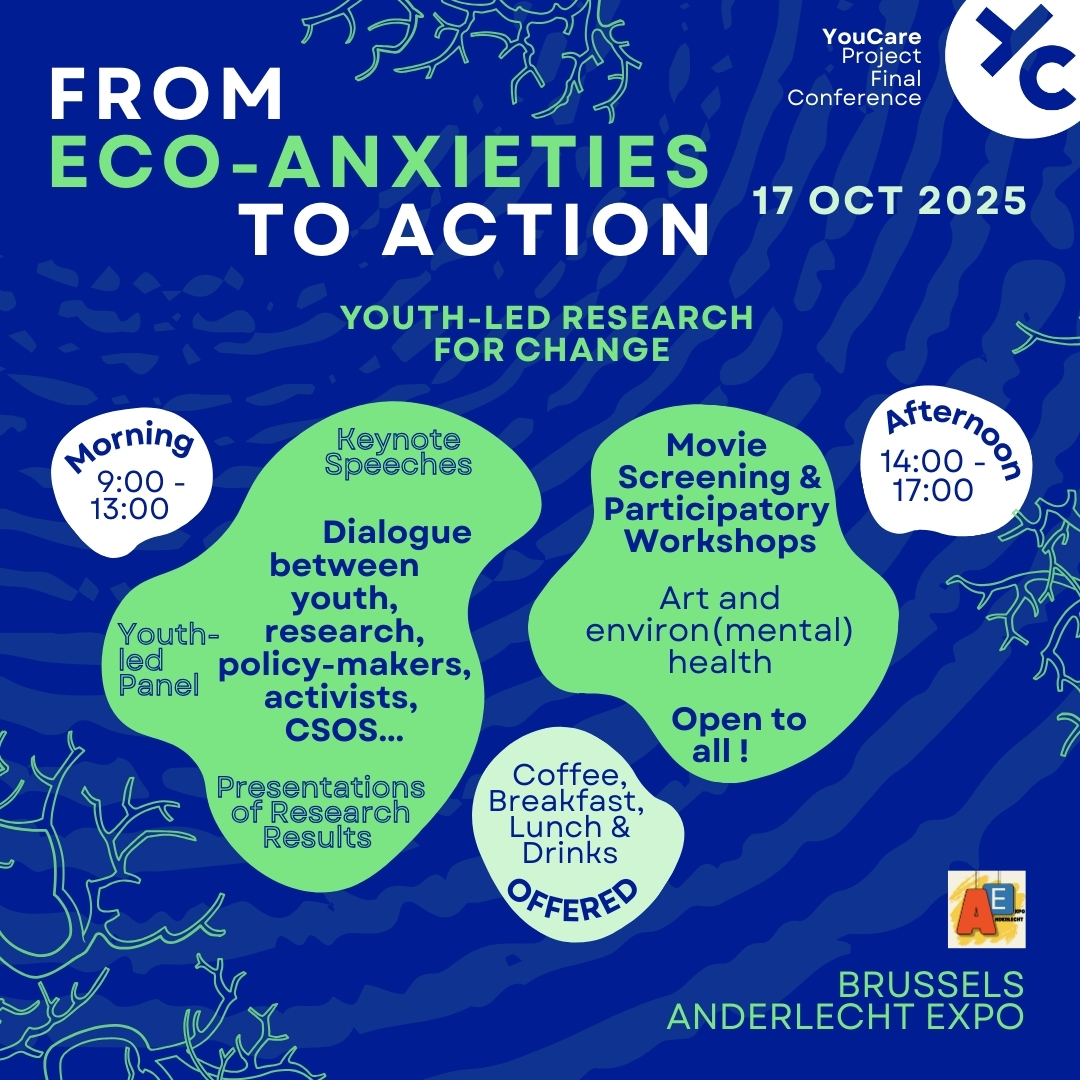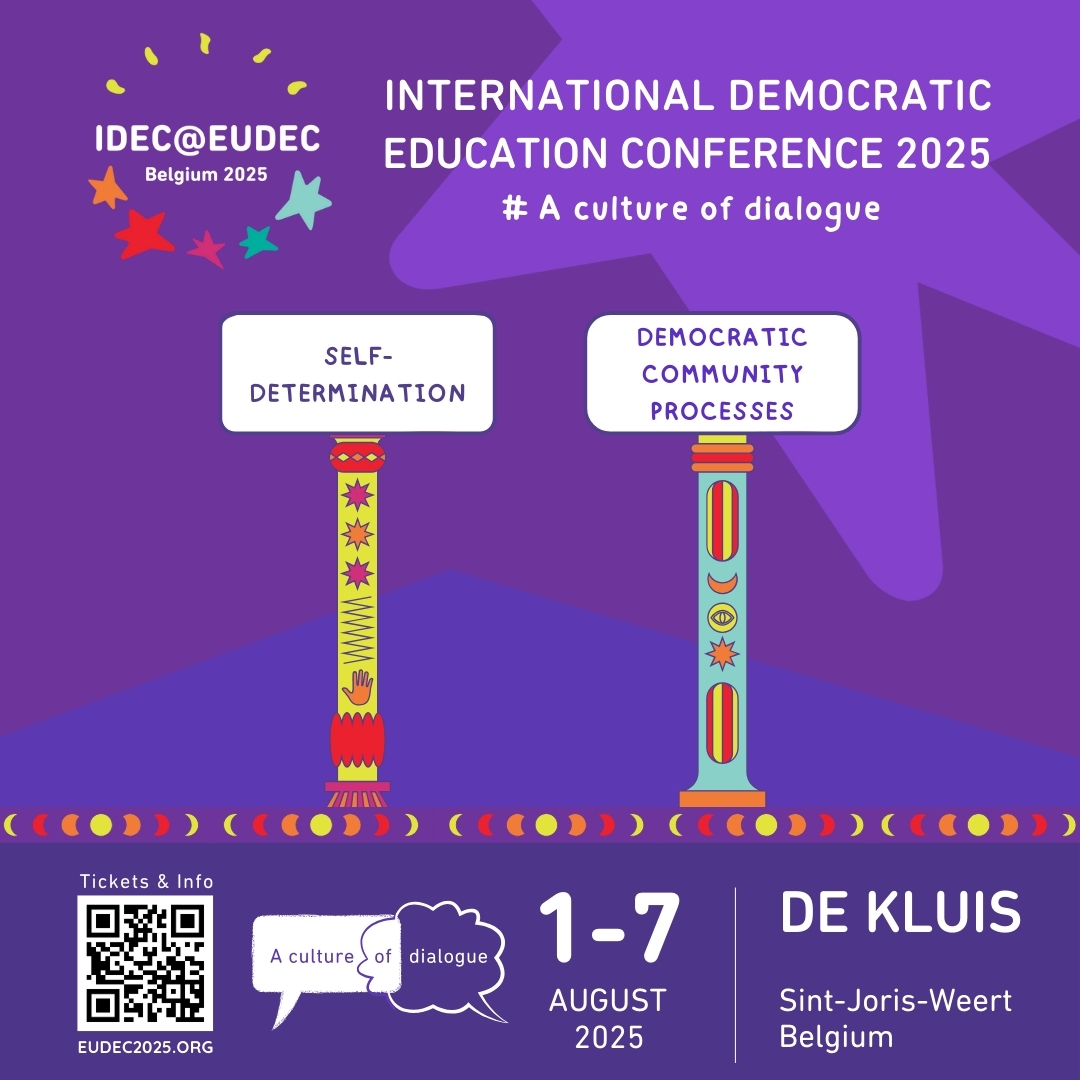Wednesday 22nd of November 2023 at 16:30 – 18 PM
The brain is the center where learning happens. Our brain is a complex product of millions of years of evolution. It has evolved over time, but still contains the oldest and most primitive parts we need for survival, as well as other developed parts that make us humans. If we know how the brain works, we also have an understanding on how we learn and how children learn. Which environments are beneficial for learning? Which situations block us in our learning? What effect do stress situations have on our learning capacities? In the first part of this forum Magi Blagoeva will give an introduction to the functioning of the brain and the way children learn.
In the second part we will go deeper into the subject of intrinsic motivation versus extrinsic motivation. How come that children in some school contexts are unmotivated or frustrated? Why are rewards, punishments and grades not helpful to motivate students? Children are curious, interested in the world around them and eager to learn. How can this feeling of joy and inner motivation be fostered? Our guest speaker, Matteo Sturlese will provide us with information and insights.
This training is open to QUEST members and external guests, suggested to teachers, parents, changemakers, educational policymakers and everyone who is interested to know more about the way children learn. Register for the online event by clicking the link above.
Agenda
Welcome & introduction
History and functioning of the brain. How does this relate to the way children learn?
Why and how to support children’s intrinsic motivation
Small Q&A
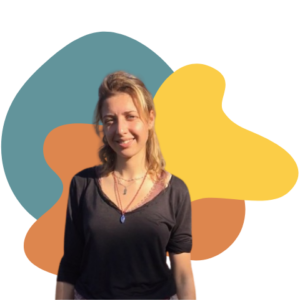
For more information, please reach out to Roxane Hoedemakers: [email protected]
